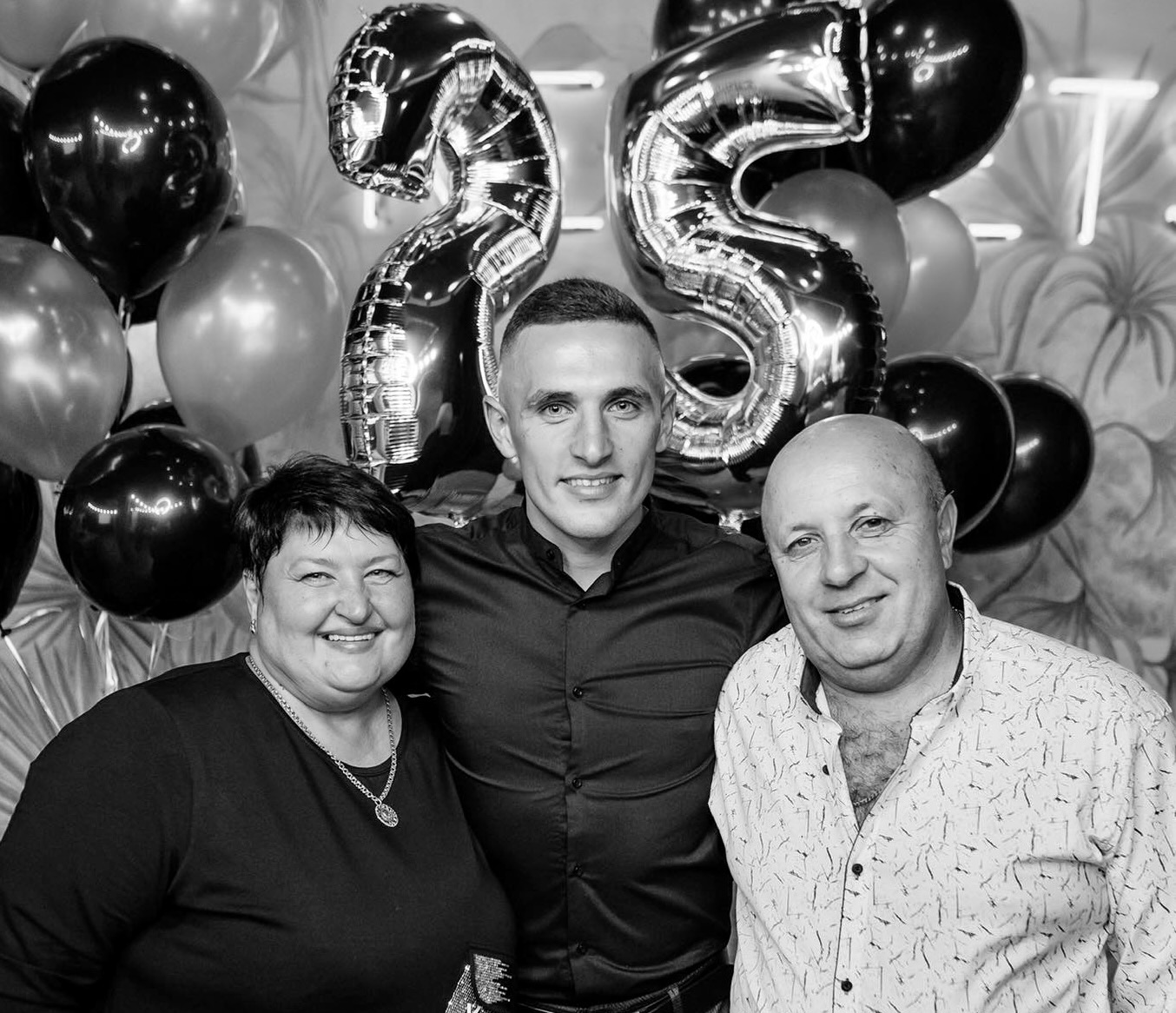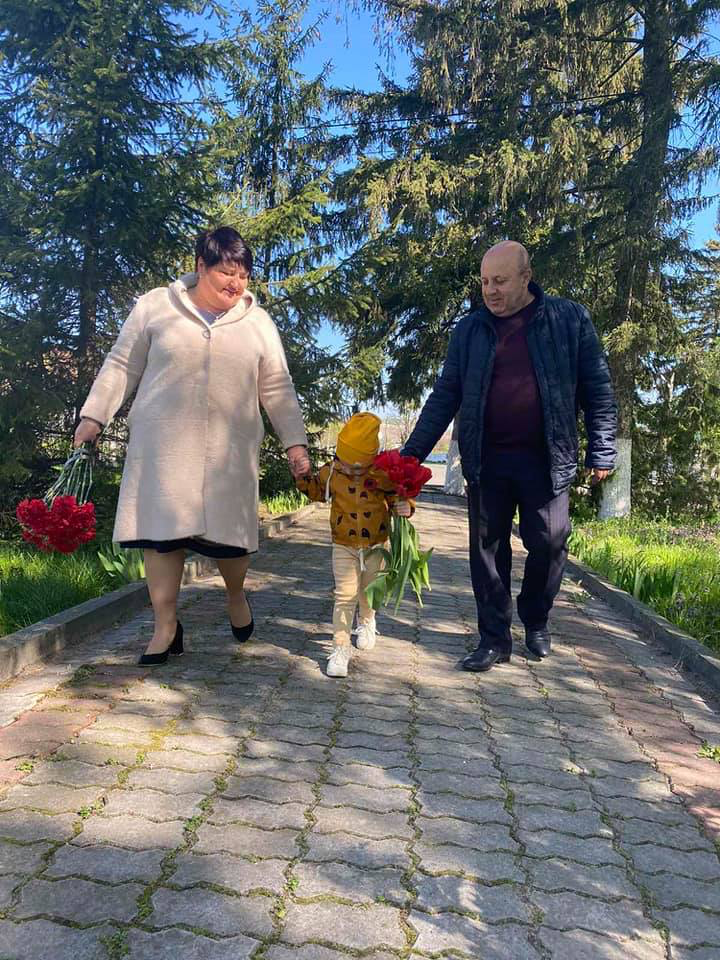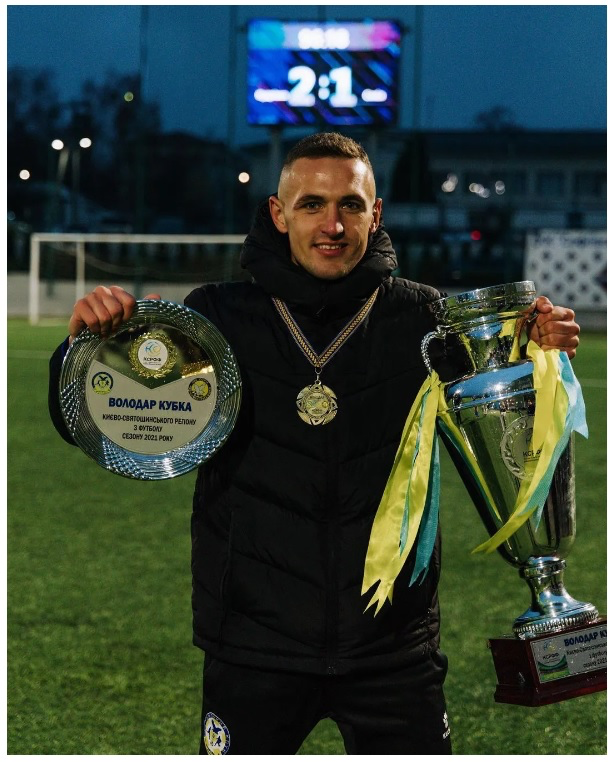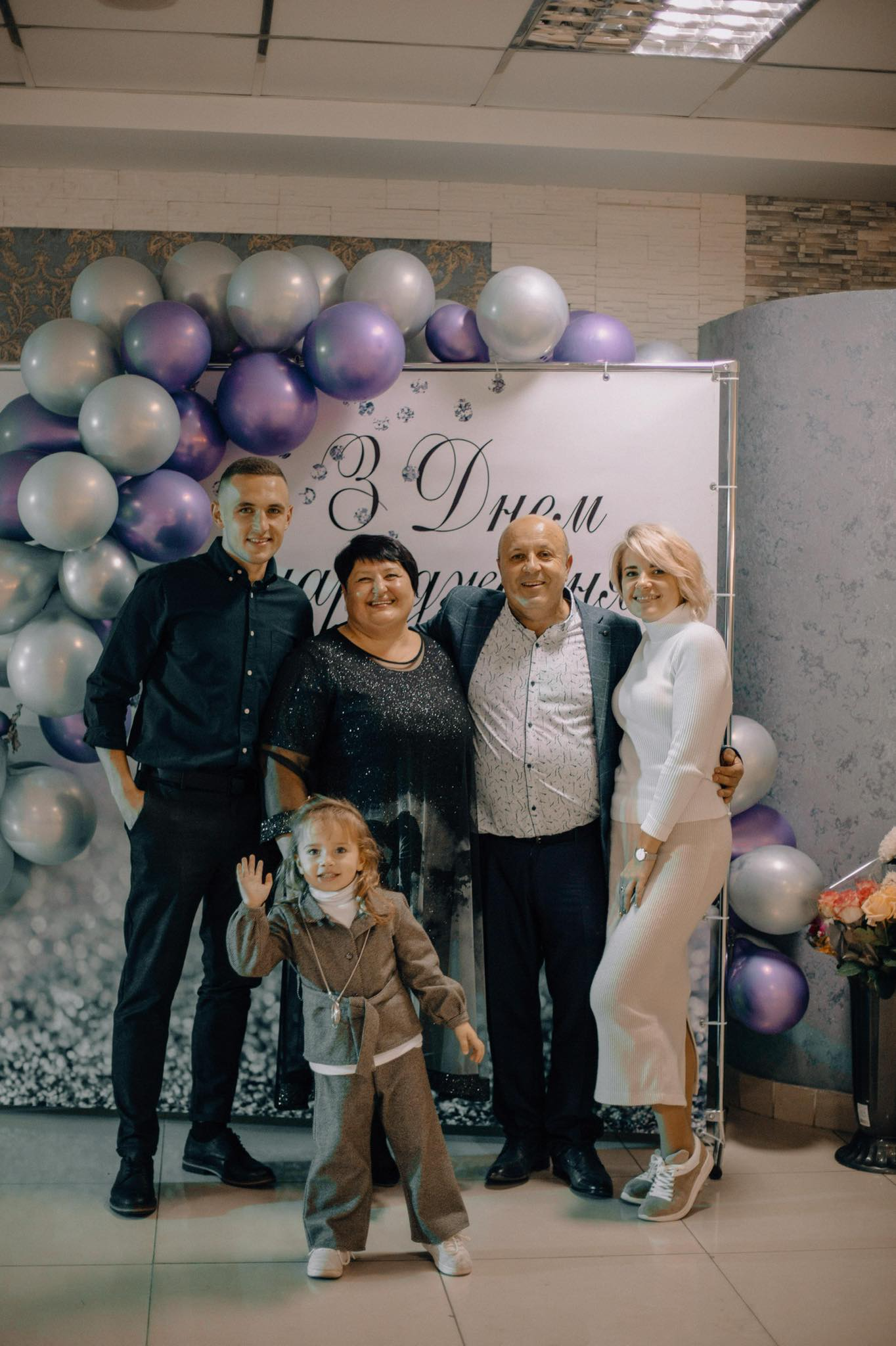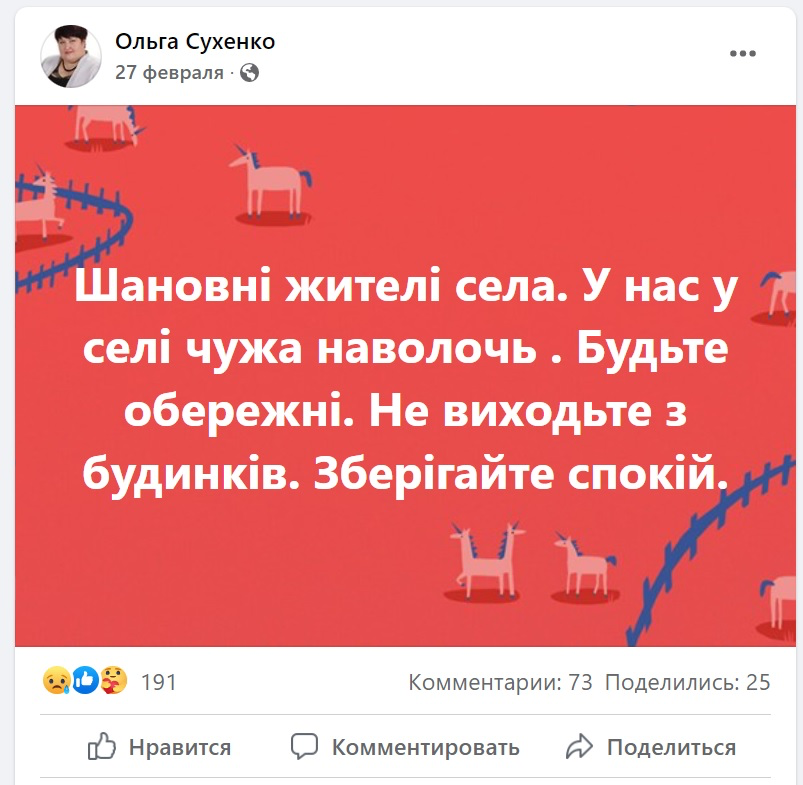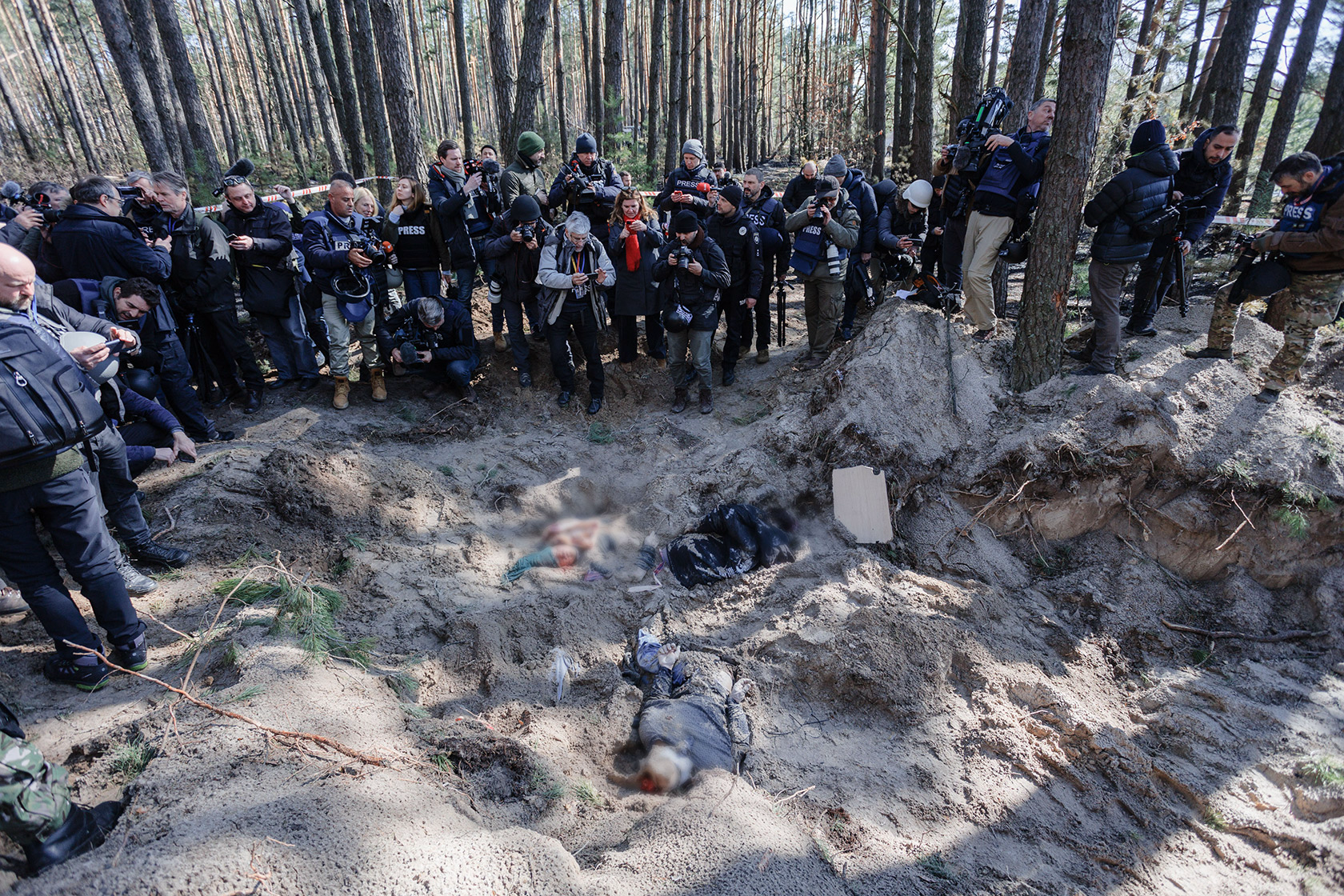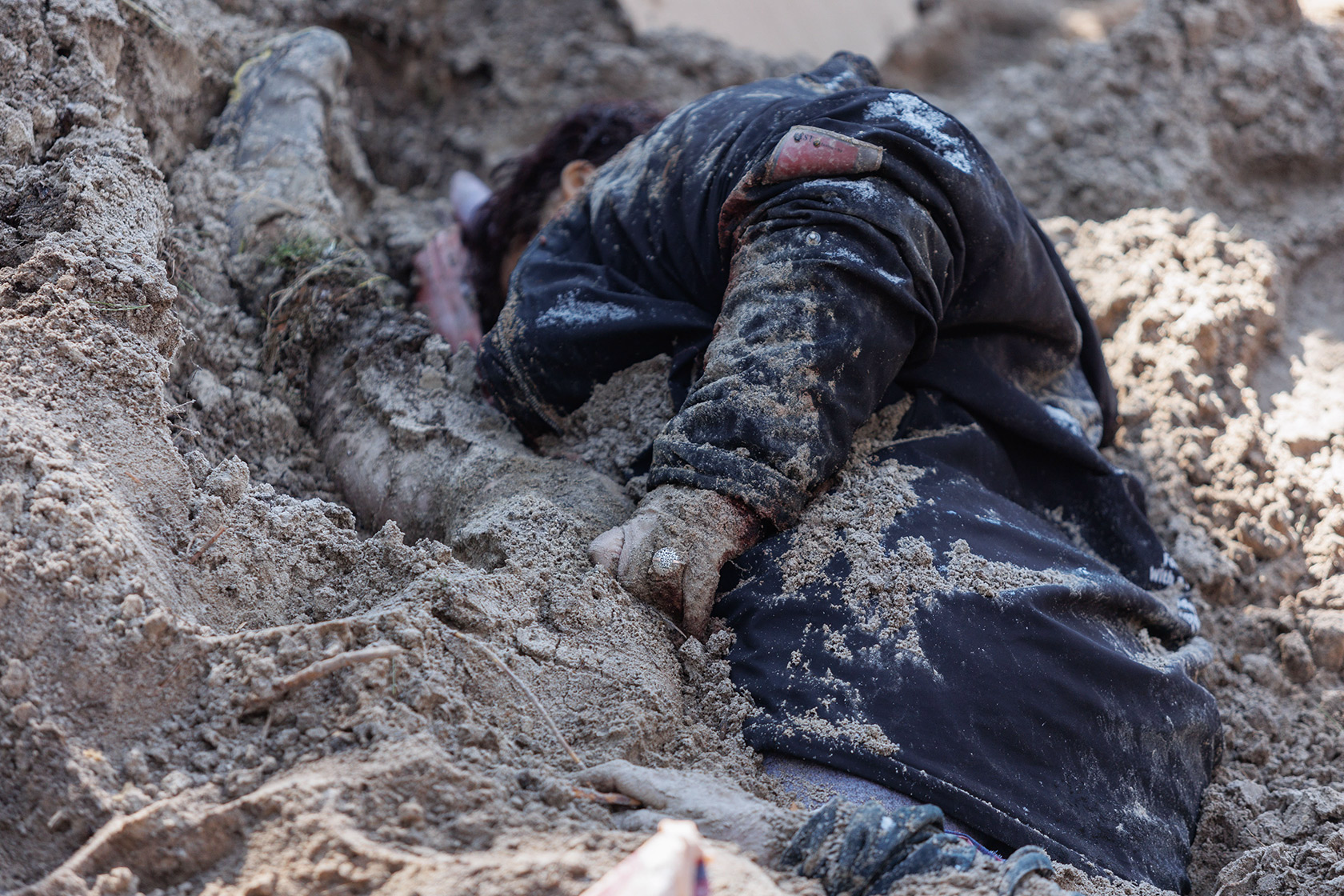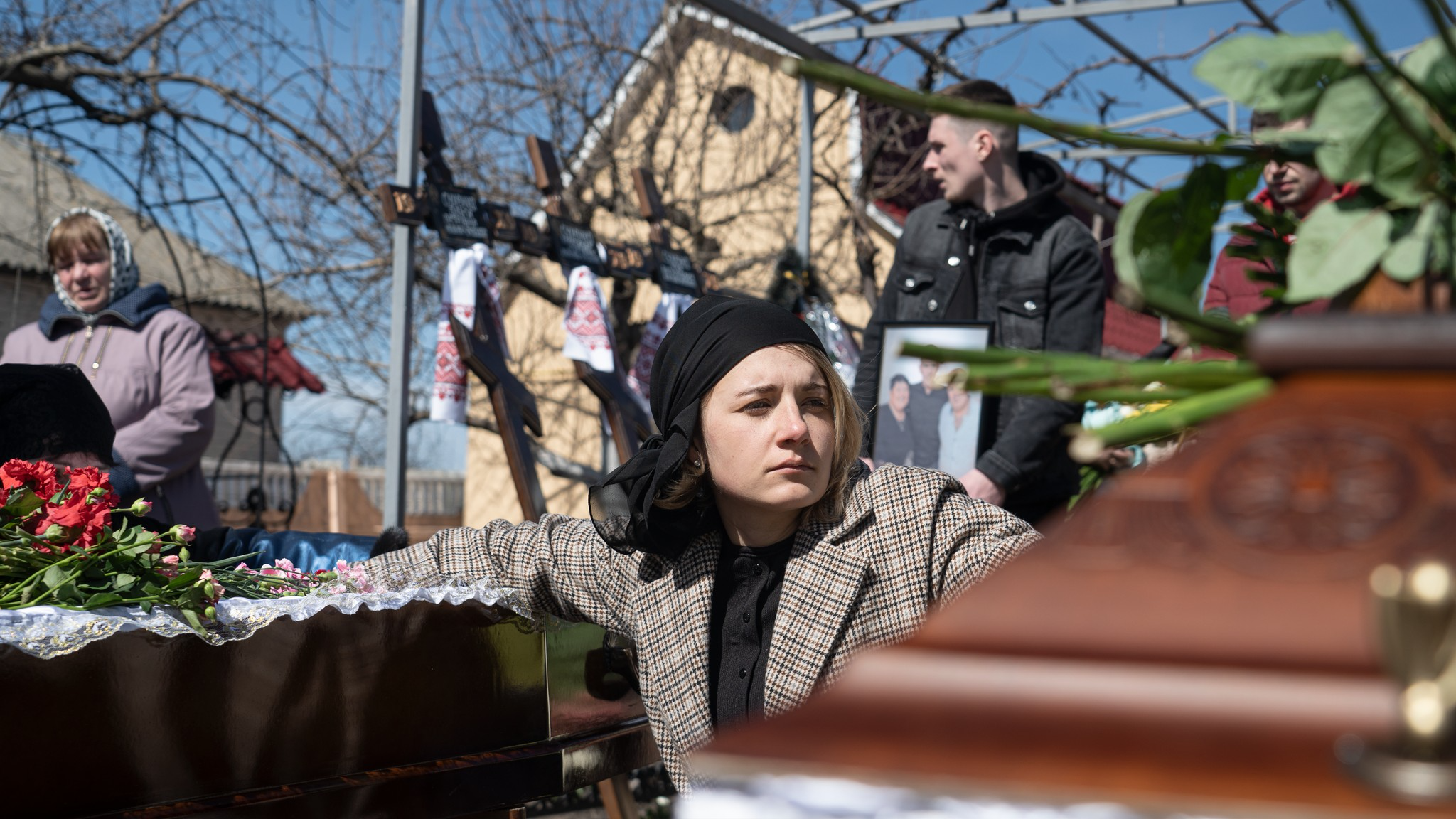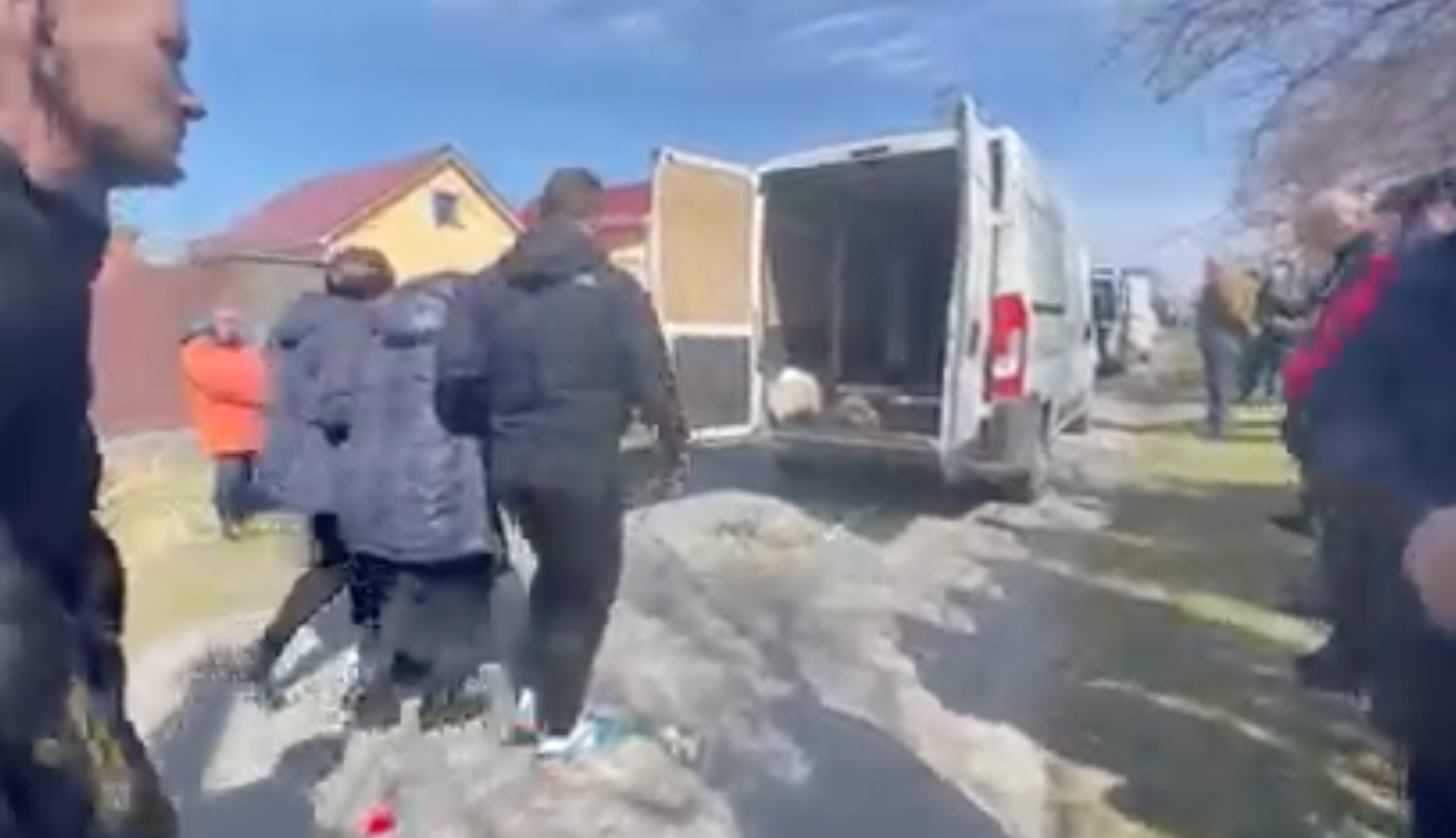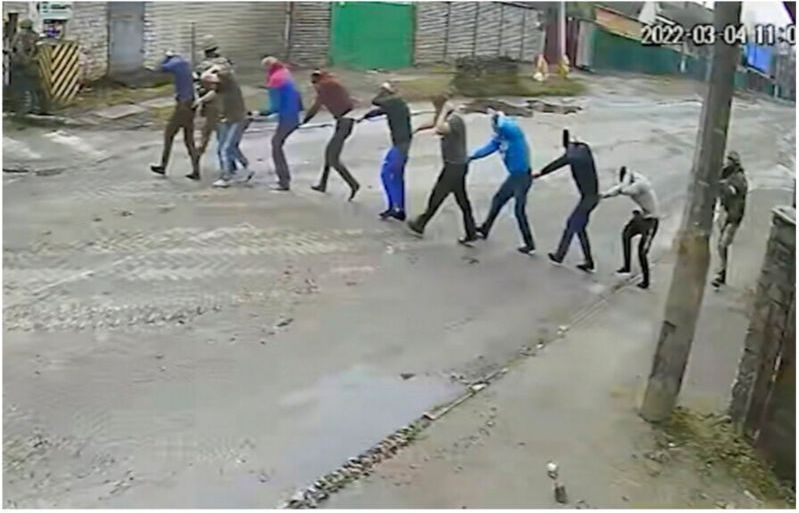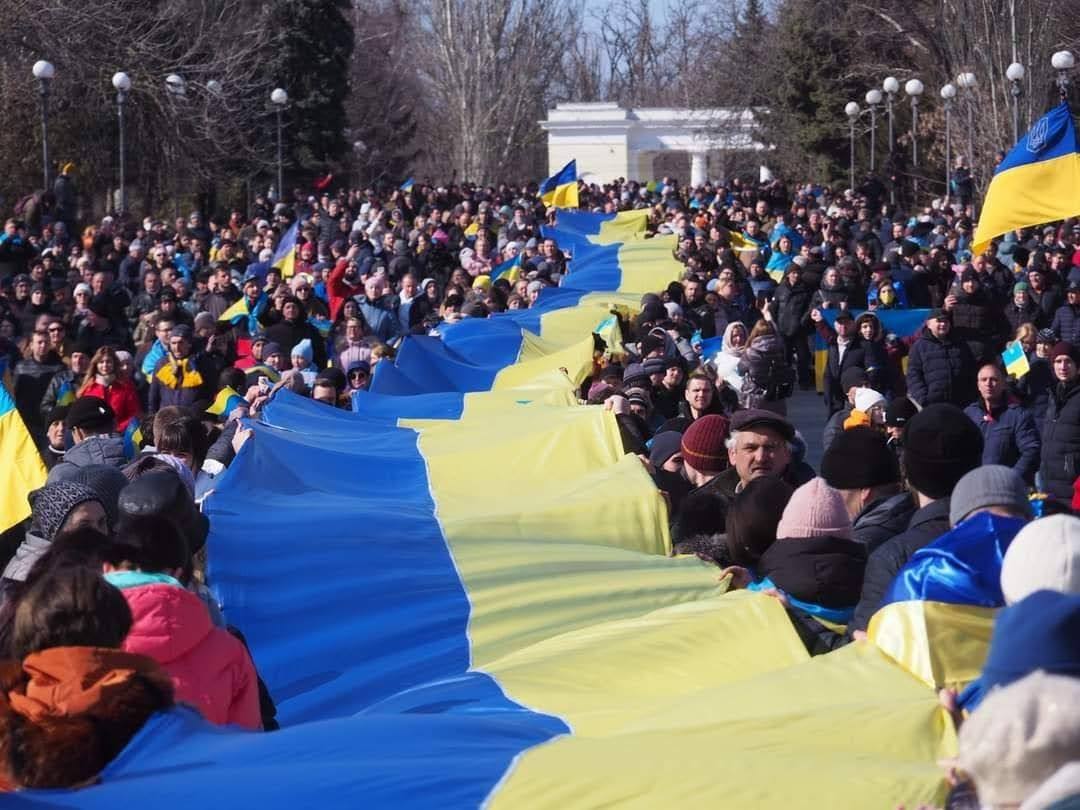After the start of the full-scale Russian invasion, the residents of Motyzhyn hoped that active hostilities would bypass the village, just as they once had during the Second World War. In the early days, many people had come to the village from Kyiv in search of refuge. Up to 4,000 people had gathered there, including the Sukhenko children. 25-year-old Oleksandr deliberately went to Motyzhyn to help his mother carry out her duties as the mayor and support her in the difficult times ahead. When the local territorial defense forces began to form on 25.02.2022, he and his father enrolled in its ranks. Lacking weapons of any kind, the men carried out day and night watch shifts around the village.
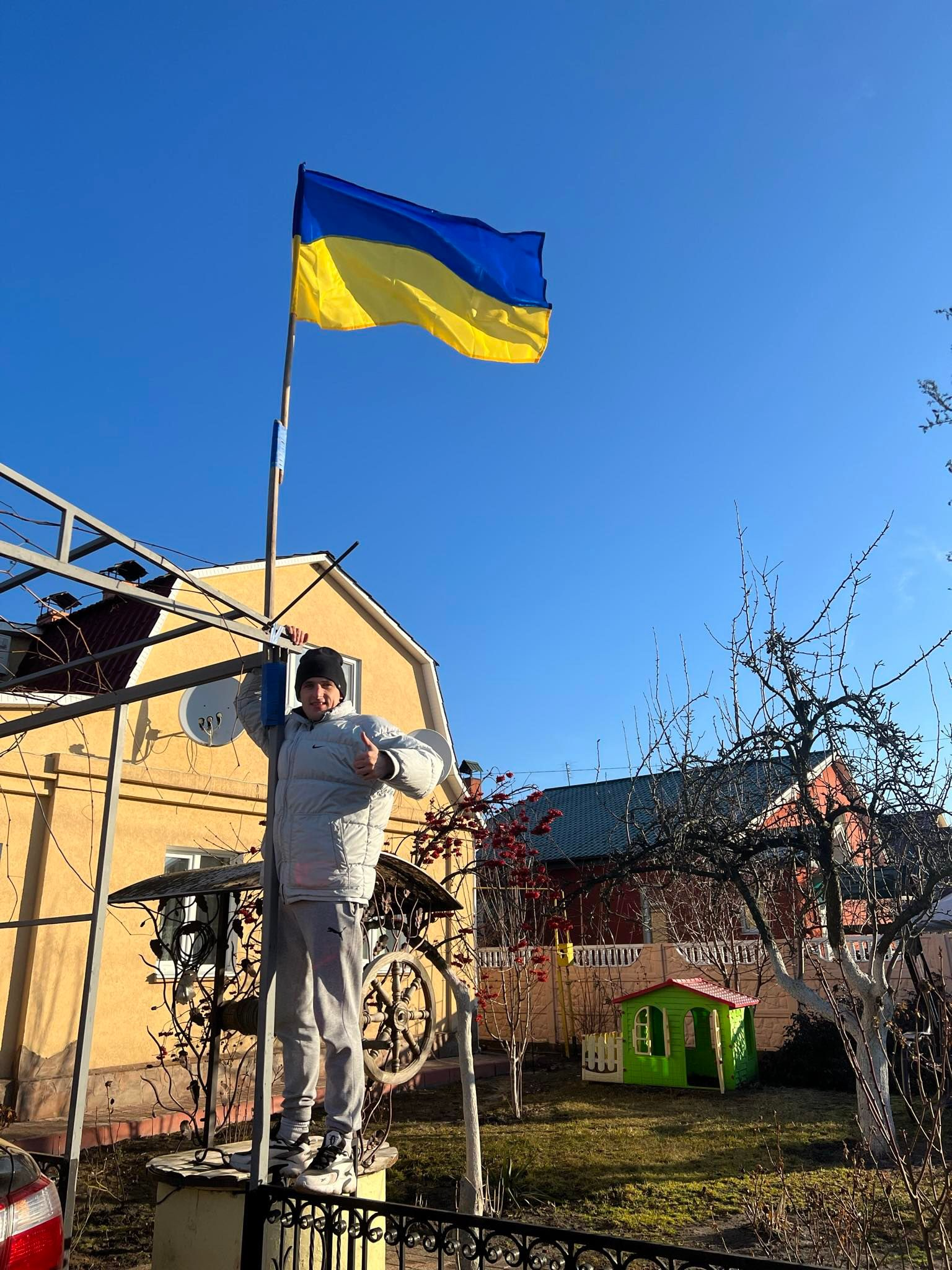
However, within a few days it became clear that the Russian occupiers were significantly different from the German ones of the previous century. A column of Russian vehicles entered the village in the evening of 27.02.2022, as the Russians were attempting to surround the capital. On that very same day, the residents of Motyzhyn suffered their first losses. One of the local territorial defense fighters, a man named Leus, tried to resist, but was mortally wounded. Leus’ son and a doctor named Serhii Holovan, also died while trying to evacuate Leus for medical treatment.
A nightmare was unfolding in Motyzhyn. The Russian troops decided to remain in the village, which made attempts to flee dangerous - several cars in the area had already been shot at and damaged in the early days of the occupation. The shelling continued and the village was being destroyed. Several houses were destroyed entirely. In the first days of the occupation, the village lost electricity. And later, a gas pipeline was damaged and all gas supply was stopped.
On the very first day of the occupation, Olga openly warns the community about the danger, in particular, she does not choose her words in social networks.
Considering the occupiers' interest in representatives of local government bodies, it was dangerous for the Sukhenko family to stay there. On 04.03.2022, Olena Sukhenko, her husband and 3-year-old daughter had an opportunity to leave Motyzhyn. However, Olha, Ihor and Oleksandr decided to stay with their community and continue to provide confidence and support for their fellow villagers.
In the first half of March, the Sukhenkos organized evacuation convoys from Motyzhyn. Olha Sukhenko oversaw the delivery of foodstuffs and other essential goods while stockpiles still remained. Ihor took foodstuffs from his own store and distributed them to the residents of Motyzhyn. Oleksandr distributed medicines to the community. They also maintained contact with other volunteers such as Serhii Kubrushko and Andrii Shostak, his father-in-law, who brought food and medicine to Motyzhyn and evacuated people.
The Sukhenkos also provided a generator in their house to fellow villagers so that they could charge their devices. Several neighbors whose houses had been damaged by shelling also stayed at their home. The family served as a rock of stability around which the community gathered.
Eminent Ukrainian politician Roman Bezsmertny, Sukhenko family friend and fellow countryman, was also living under occupation in Motyzhyn. Thanks to the Sukhenkos, he was provided with basic living needs while hiding from the occupiers with his mother and a few other people. Ihor brought firewood and fuel for the generator to Bezsmertny on a regular basis, providing energy that allowed Roman to secure a connection with Kyiv.
 Motyzhyn village, Buchansky district, Kyiv region
Motyzhyn village, Buchansky district, Kyiv region
 2022-04-02
2022-04-02
